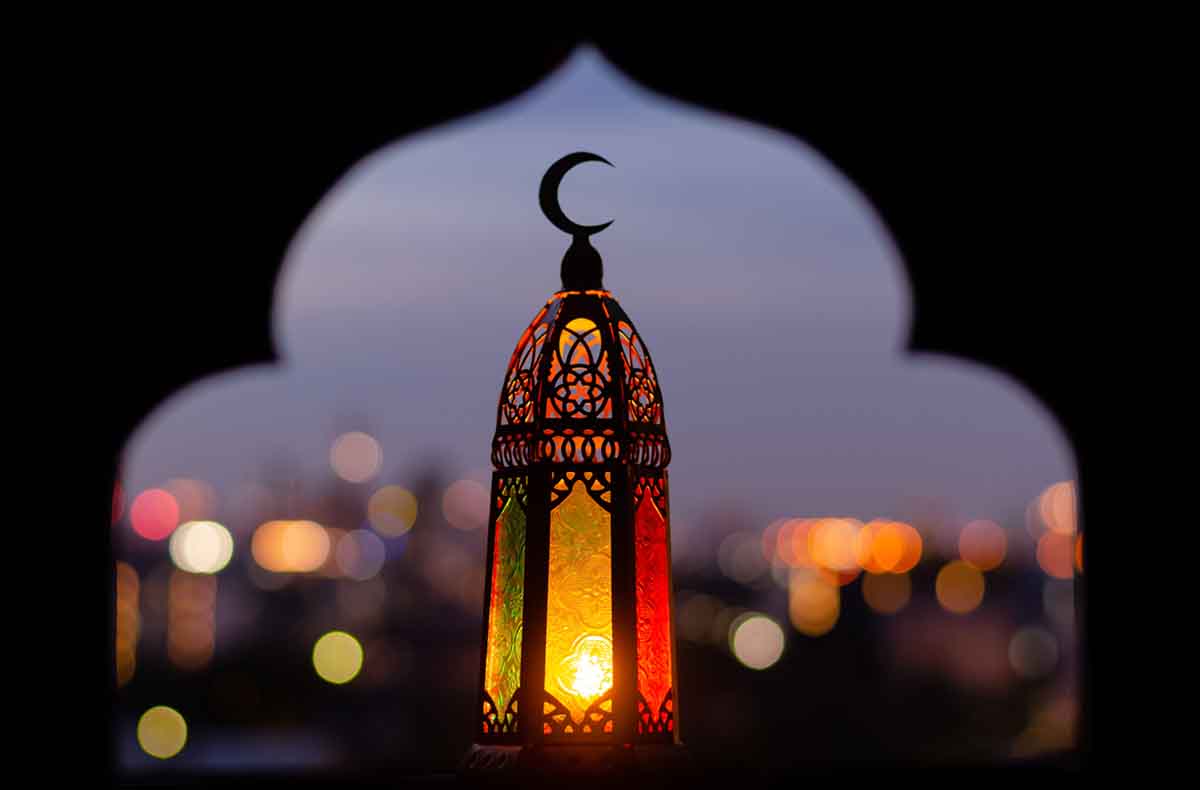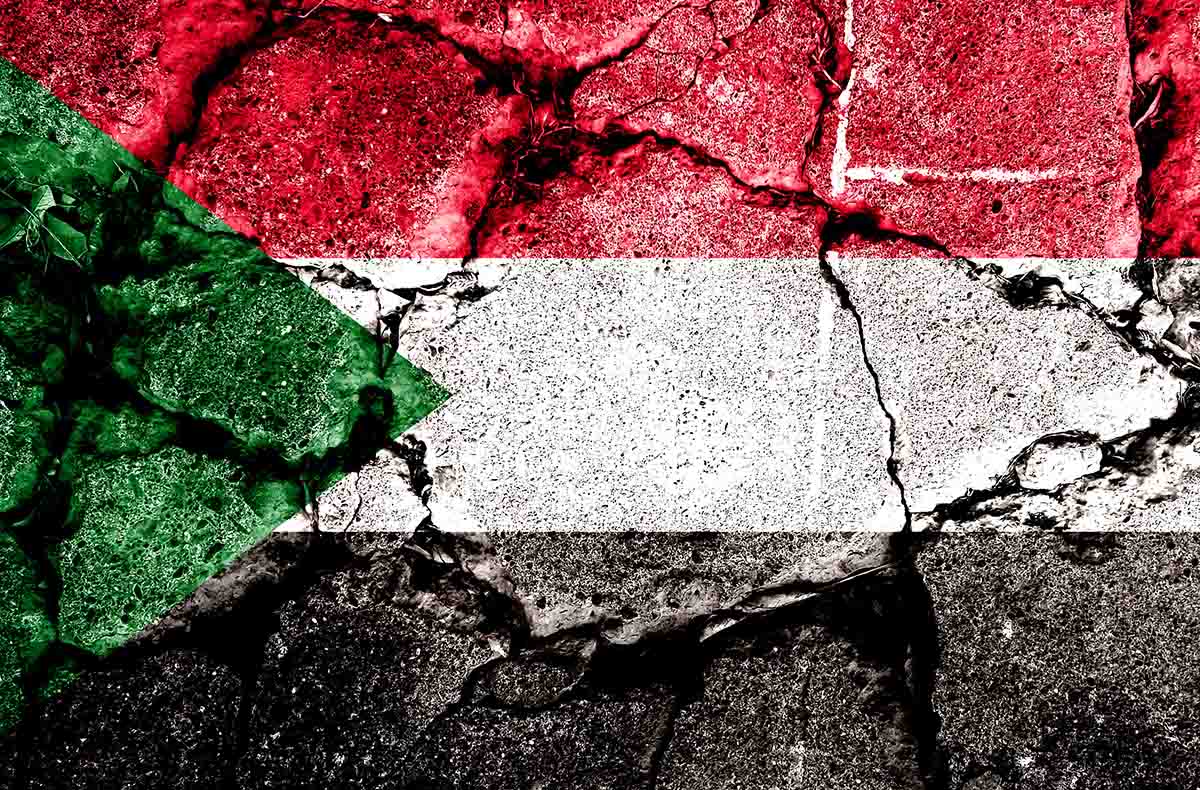
Saudi Arabia’s Ministry of Islamic Affairs issued its Ten Commandments in the lead-up to the month of Ramadan, urging imams to keep the prayers short, limit video recordings, disallow donations, regulate iftaar (the breaking of the Islamic fast) and bar the presence of children inside mosques. The ministry had already reduced the allowance for mosque loudspeakers and mandated a reduction in the volume of the azaan (the call to prayer). These policies have sparked a backlash in parts of the Muslim world.
The same Saudi Arabia that exported radical Islam across the Muslim world and arbitrarily imposed violent sharia law, many clauses of which the kingdom still upholds, is now sweepingly limiting Islamic ritualization. The reasons behind the Saudi volte-face are purely financial. Riyadh is preparing for a future devoid of oil hegemony, one which necessitates diversifying the economy and making the country more conducive to fiscal and human investment from a global array of cultures and ideologies.
The significant decrease in Saudi export of jihad is similarly rooted in curbing the inevitable blowback at home. Riyadh’s war-crimes, for instance, are radicalizing a whole generation of Yemenis. Furthermore, Saudi Arabia and Iran claim to be on the verge of a longish-lasting peace arrangement—unveiled with symbolic significance during Ramadan. The accord might eventually see the phasing out of the jihadist power-plays that were necessitated by the rivalry between the leaders of the Sunni and Shia halves of the Muslim world.
Indeed, where there’s the obvious possibility that the geopolitical metamorphosis might not play out in accordance with the quixotic ambitions, the Saudi ideological turnaround has nonetheless left the kingdom’s erstwhile blind imitators in a bit of a pickle. It has also put many of Riyadh’s longstanding critics on the brink of, unwillingly, praising the “reforms.”
It is unfortunate that much-needed moves to curtail Islamist inertia are originating in the hub of Islamic radicalism. There is no doubt that the five-time loudspeaker azaan, for instance, has to be phased out amid the advent of technology. Similarly, regulating mosque preaching has been a counter-jihad policy in many Muslim-majority countries for decades. Putting an end to the dragging out of prayer rituals will help enhance Muslim contribution in worldly affairs, which can only be made possible by letting individuals customize their prayer schedules and the degrees of the extensive rituals that they want to pursue.
Hopefully, the Muslim world can use Ramadan to engage in much-needed self-reflection and push community reforms not dependent on the totalitarian whims of the Arab kingdoms. Much of what needs reform can be witnessed this Ramadan as well.
In Pakistan, a mosque belonging to the Ahmadi sect was demolished by local police immediately after the start of Ramadan. Pakistan upholds a veritable apartheid against Ahmadis, excommunicating the sect over heresy and banning their self-identification as Muslims. While Pakistan’s persecution of Ahmadis takes the goriest form, the minority sect is marginalized across the Islamic world, including in officially secular countries such as Indonesia and Bangladesh. The persecution of Ahmadis and other minorities within Sunni and Shia Islam is rooted in takfir (apostatizing), which forms the ideological foundation of jihad. From the Arab world to Africa to the Indian subcontinent to East Asia, the historic pluralism pulverized by puritan renditions of Islam, influenced by the Salafi strain long enforced by Saudi Arabia, needs to be rekindled.
While Saudi Arabia is overturning decades-old bans to host music concerts, Malaysia has sweepingly banned entertainment events overlapping with days of Islamic significance, including Ramadan. Such policies, mandating Islamic stranglehold over entire communities and countries, curtail the fundamental freedom of choice. Both believers and nonbelievers should have absolute freedom to participate in any events at any time of the year, regardless of what the majority or minority believes, as long as their activities aren’t infringing on the space of those who are not willing participants.
Many Muslim countries have also imposed bans on eating and drinking during Ramadan—codifying prison sentences for any breaches—to enforce “respect” for those fasting. Many of these countries that demand collective submission to Islam are seen sidelining festivals of other religions, sometimes even banning Muslim participation in the festivities.
Those Muslim countries at the forefront of this suppression are also the lowest on most human rights indices. This Ramadan, women in Iran and Afghanistan—among other places—are still fighting gory Islamist patriarchy. Homosexuality remains punishable by violence in countries “liberalizing” and hosting world events such as Qatar. Apostasy and blasphemy, in the shape of atheism or free thought, are still punishable by the death penalty and prison sentences in the majority of Muslim countries. Even minority Muslim communities continue to suffer from Islamist hegemony and internal denial of equality. Meanwhile, ordinary Muslims, from Afghanistan to Syria, continue to suffer the consequences of turmoil that the godfathers of global jihad are ostensibly wrapping up.
After decades of jihad-infested chaos and centuries of self-deprivation at the altar of Islamic injunctions, the reform most needed is to put real Muslim human interests above the collectively imagined and arbitrarily enforced vision of an afterlife. That requires allowance for individual and collective freedoms to be considered the inalienable rights that they are. They must not be subordinate to any belief system. Individuals should be allowed to adhere to any ideologies they choose—or none at all.
Once we embrace that, there would not be any need for outrage against, or submission to, totalitarian rulings coming from self-serving monarchies.


